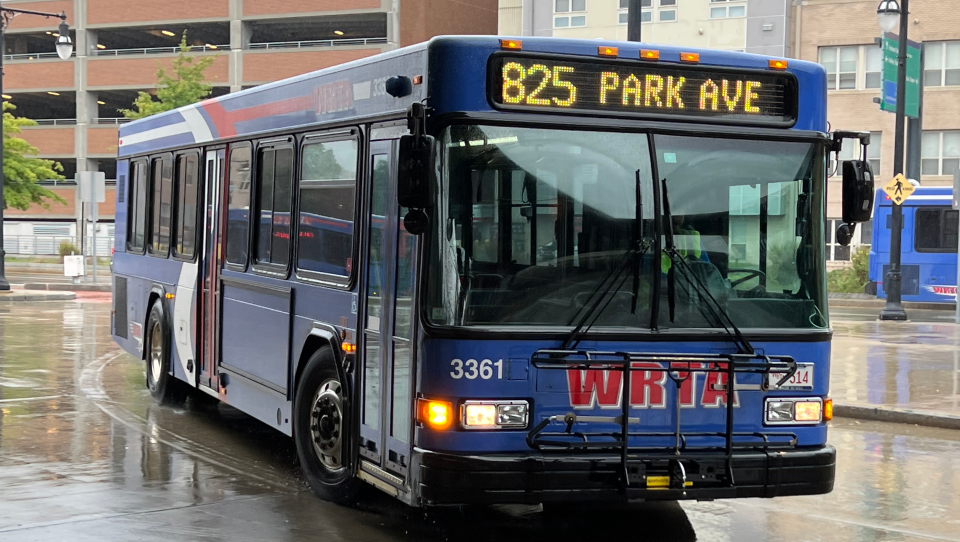Public transportation options are limited for many Massachusetts residents who live outside of the MBTA service area. The state’s 15 regional transit authorities were created to help fill that need. But a new study says the current funding system has limited how effectively RTAs can serve this population.
The report, conducted by the Tufts University Center for State Policy Analysis and funded by the Health Foundation of Central Massachusetts, describes a lack of transparent state funding for RTAs and over-reliance on local communities to support operating expenses.
The study says without a steady and reliable source of funding, the RTAs cannot make any long-term plans for expansion of service.
“There are also many pockets of this state that have no RTA coverage whatsoever, or very minimal RTA coverage,” said Dr. Amy Shei, president and CEO of the Health Foundation of Central Massachusetts. “So, the current funding approach does not incentivize RTAs to address the challenges of rural communities and to expand into those regions.”
Relative to the MBTA, the study found that RTAs are more reliant on local contributions. Researchers found that municipalities served by the MBTA contribute 8% of the transit authority's operating expenses, while cities and towns served by RTAs contribute about 20% of operating costs. In rural regions with smaller tax bases, the report says those contributions can be “a significant financial burden.”
“While it is widely acknowledged that the MBTA has been consistently underfunded, it can at least rely on a consistent pool of revenue, namely a fixed portion of the state sales tax,” the report said. “Regional transit providers have no such funding bedrock to rely on, only the vicissitudes of the annual budget process.”
Shei says RTAs must have flexibility in how they spend funds, because an approach that works for one region may not be appropriate elsewhere.
“RTAs that serve rural communities may wish to expand micro transit. They may wish to partner with some independent, transit providers in their region to expand service,” Shei explained. “Whereas others may wish to expand micro transit on their own, and offer on demand service, for example. That's more flexible than in running a bus along a fixed route.”
The state Senate is due to take up its fiscal year 2025 budget proposal next week, which includes money to allow all RTAs to offer free bus service and additional funding for bus routes linking riders between different RTA coverage areas.
Shei said it is “critical” for RTAs to be better connected, but urged legislators to reconsider their approach.
”We are hoping that the language proposed by the Senate will be expanded and made a little bit more flexible, so that independent transit providers could also provide that connectivity in some regions,” Shei said.





